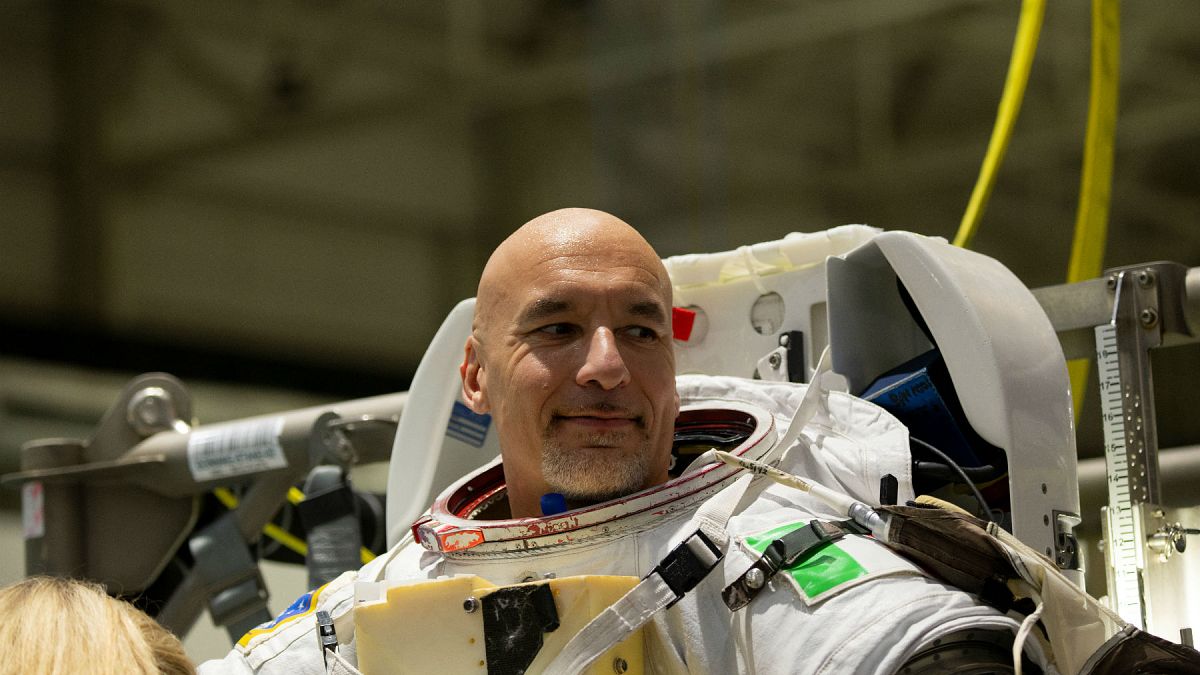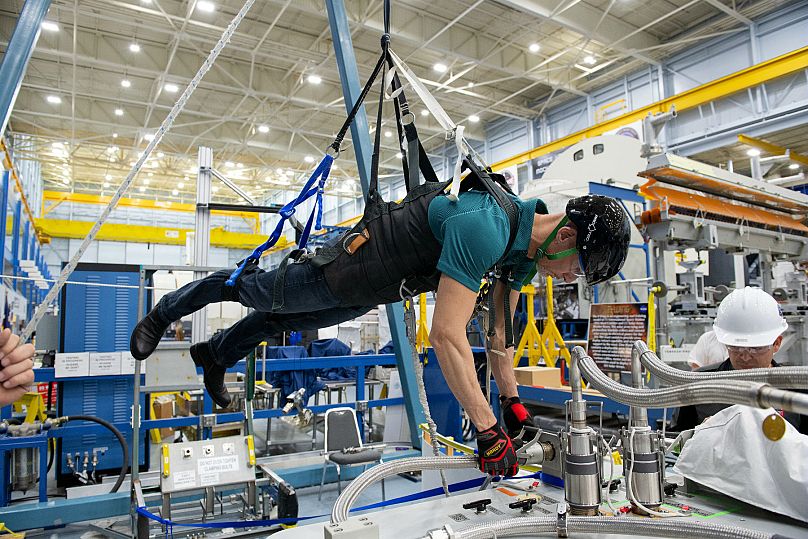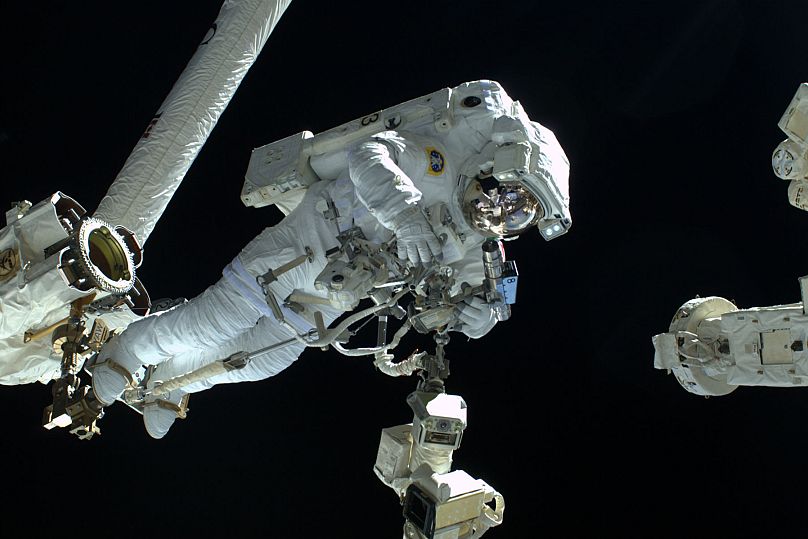On July 20, Luca Parmitano is scheduled to leave Earth on his second mission, becoming the first Italian to take up the role of International Space Station Commander.
On July 20, Luca Parmitano is scheduled to leave Earth on his second mission, becoming the first Italian to take up the role of International Space Station Commander.
Although it is not the first time the Paternò-born astronaut will be in the International Space Station (ISS), the 'Beyond' mission will be unprecedented. In 2013, he spent 166 days in space during his first mission, 'Volare', after being selected from of 8,413 astronauts. This time, he will spend six months at the ISS and will be accompanied by NASA astronaut Andrew Morgan and Roscosmos cosmonaut Alexander Skvortsov. The three are scheduled to board a Soyuz MS-13 (59S) spacecraft on July 20, the 50th anniversary of the lunar landing Apollo 11, the day humans first set foot on the moon.
“He is an experienced astronaut, he will for sure perform even better than the first time”, said ESA Director General Jan Wörner to our space, science and technology correspondent Jeremy Wilks.
Luca and his team will join Expedition 60 when they arrive at the ISS. Then they will replace Expedition 61, and that's when Luca will take command of the ISS. This is the third time a European astronaut will take up this position, but it will be the first Italian to do so.
As he gets ready for the big day, Luca spoke to Euronews about how he feels before returning to space.
What do you feel when leaving Earth?
After a long and intense preparation, Luca will find himself in his space suit ready to take off in Baikonur, Kazakhstan. There is no count down from ten, but instead, the instructor calls out different stages. The adventure will begin when he hears the last call — "Poyekhali" in Russian, which means "Let’s go”.
"Then imagine this build-up of pressure on your chest, that’s the acceleration, and it becomes stronger and stronger, reaching a first peak of about 3.5 g, three-and-a-half times your body weight pressing on your spacesuit, on your chest. You’re going faster, you’re getting higher in the orbit, until the final separation, 8 minutes and 48 seconds later and then the final stage shuts down, it separates, and you’re floating. About six hours later we’re ready to open the hatch", he says.
How is life in orbit?
In his first mission, Luca conducted several experiments – many are still in progress — and was part of two spacewalks, although he had to abandon the second as his helmet began to fill with water.
"There will always be emergencies. There will always be something that we haven’t thought about and the training and the experience is the only thing that can save us", he says.
When asked what he misses the most about being in orbit, Luca replied that it would be "all the small details" that form part of his life in space.
"The ISS becomes our living space, our working space. It’s where we relax, it’s where we spend time with our friends. When you come back on ground, that’s what you miss".
The ISS is circling our planet at 28,800 km/h. It has space for six astronauts in charge of carrying out experiments for scientific purposes. During Beyond, Luca hopes to perform experiments that will help keep humans safe in longer explorations and get what is needed to explore the Moon and Mars.
"Nothing stops me from dreaming that one day I can go to the Moon and maybe land on it to perform some experience. We will learn what we need to invent and create to go even further", Luca says.


